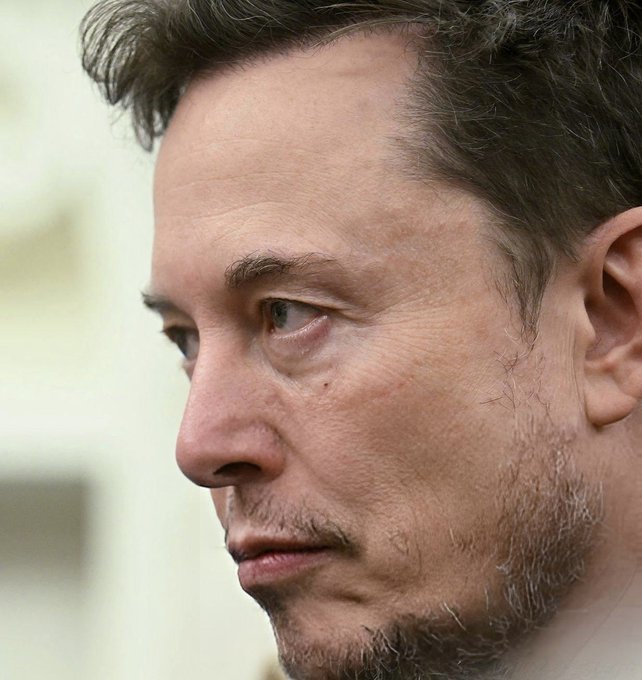South Africa has made a significant decision to ease Black Economic Empowerment (B-BBEE) rules for satellite internet providers, such as Starlink, owned by Elon Musk.
This move, as announced in a government gazette, marks a crucial shift in licensing requirements for companies in the satellite internet sector operating within the country..
The relaxation of B-BBEE rules for satellite internet providers highlights the government’s recognition of the growing importance of access to reliable and high-speed internet services, particularly in remote or underserved areas.
This decision is seen as a step towards enhancing connectivity and bridging the digital divide in South Africa, aligning with broader efforts to promote technological advancement and economic inclusivity..
South Africa’s decision to amend B-BBEE regulations for satellite internet providers like Starlink comes at a time when the country is increasingly focusing on digital infrastructure development to support economic growth and innovation.
By creating a more conducive regulatory environment for such providers, the government aims to encourage investment in the sector, spur technological advancements, and ultimately improve internet accessibility for South Africans across the country..
The move is expected to have positive implications for the satellite internet industry in South Africa, attracting more players and fostering competition that could lead to improved service quality and affordability for consumers.
Additionally, by easing regulations for companies like Starlink, the government is signaling its commitment to fostering a conducive business environment for innovative technologies, which could have broader positive impacts on the country’s digital economy and technological advancement..
In conclusion, the South African government’s decision to relax B-BBEE rules for satellite internet providers like Starlink signifies a proactive approach towards enhancing digital connectivity and promoting technological innovation within the country.
This move is likely to pave the way for increased investment, improved internet access, and advancements in the satellite internet sector, ultimately contributing to South Africa’s digital transformation and socio-economic development..

